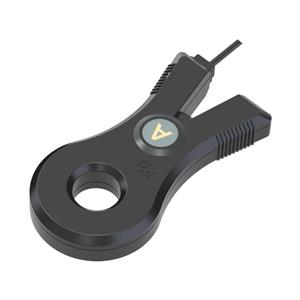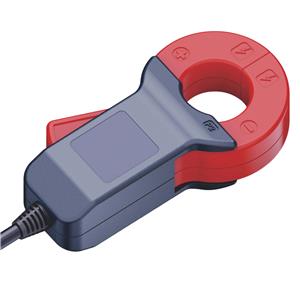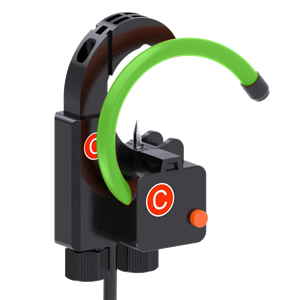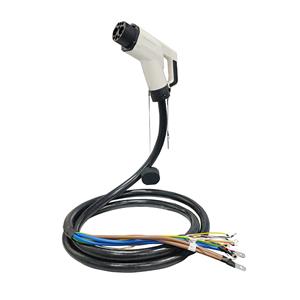-
0112-2023
Thermal Effects and Temperature Drift of Current Shunt Resistors
In the field of electrical engineering, Current Shunt Resistors are widely used for accurate current measurements. However, it is important to consider the thermal effects and temperature drift characteristics of these resistors to ensure their reliable performance. This article aims to explore the impact of thermal effects and temperature drift on Current Shunt Resistors and discuss strategies to mitigate their influence.
-
3011-2023
Accuracy and Precision Evaluation of Current Shunt Resistor
Accurately measuring current is crucial in circuit design. To achieve accurate current measurement, engineers often use a Current Shunt Resistor as a current sensing element. This article will delve into the importance of evaluating the accuracy and precision of Current Shunt Resistors, as well as discuss some commonly used evaluation methods.
-
1002-2024
The key quality inspection acceptance indicators for BMS shunt
The key quality inspection acceptance indicators for BMS shunt are crucial to ensure the performance and reliability of the product. These indicators play a significant role in determining the product's compliance with specifications and standards.
-
2301-2024
Selection Criteria for Precision Shunt Resistors
Providing guidance on selecting the most suitable precision shunt resistors based on application requirements, including factors such as resistance value, tolerance, power rating, and thermal considerations.
-
0102-2024
Applications of Precision Shunt Resistors in Current Measurement
Discussing the role of precision shunt resistors in current measurement applications, including power supplies, battery management systems, motor control, and electronic load testing.
-
2809-2023
Technological Prospects of Precision Shunt Resistors
Precision shunt resistors play a crucial role in electrical circuits by accurately measuring current flow and enabling precise current sensing applications. Over the years, advancements in technology have led to the development of innovative precision shunt resistors, offering improved performance, enhanced accuracy, and expanded applications. In this technical document, we will explore the promising technological prospects of precision shunt resistors.
-
2901-2024
Advantages of Precision Shunt Resistors
Highlighting the advantages of using precision shunt resistors, such as their high accuracy, low temperature coefficient, excellent stability, and ability to handle high power dissipation.
-
2401-2024
Comparing Precision Shunt Resistors with Other Current Measurement Techniques
Comparing Precision Shunt Resistors with Other Current Measurement Techniques: Comparing precision shunt resistors with alternative current measurement techniques, such as Hall effect sensors and current transformers, discussing the advantages and limitations of each method.
-
2101-2024
Future Trends in Precision Shunt Resistors
Future Trends in Precision Shunt Resistors: Exploring emerging trends and advancements in precision shunt resistors, such as the miniaturization of components, the integration of temperature compensation techniques, and the development of higher power handling capabilities.
-
2001-2024
Types of Precision Shunt Resistors
In summary, precision shunt resistors play a vital role in accurate current measurement and control. Metal foil resistors, thin film resistors, and wirewound resistors are three primary types available in the market, each with its unique features and applications. Metal foil resistors are known for their stability and precision, thin film resistors for their low noise and linearity, and wirewound resistors for their high power handling capabilities. Selecting the most suitable type depends on the specific requirements of the application, such as accuracy, stability, power dissipation, and temperature coefficients.




